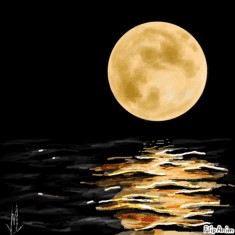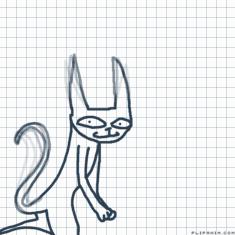jjsjksj


35 comments

GaIaxyGirl20aIt
11.10.2024 17:40
Linknasa nerd

GaIaxyGirl20aIt
11.10.2024 17:42
Linkone like in 2 minutes bro fell off /j

KinawaKeroo[OP]
11.10.2024 17:44
LinkUr dead

GaIaxyGirl20aIt
11.10.2024 17:44
LinkLP

i love how you draw hair,,
The concept of infinite space is a profound and mind-bending idea, suggesting that the expanse of the universe stretches endlessly without limit, a vast emptiness that continues forever in all directions, defying any attempt to reach its edge or boundary; it challenges our human perception of scale and prompts philosophical questions about the nature of reality itself. While we can observe galaxies billions of light-years away, the idea of infinite space implies that no matter how far we travel, there will always be more space to explore, pushing the limits of our comprehension. Current cosmological models suggest that if the universe is "flat" (not curved), it could potentially be infinite, similar to a flat sheet of paper extending endlessly in all directions. The Big Bang theory, which describes the origin of the universe, does not definitively answer whether space is infinite, but it does support the notion of continuous expansion, implying that the observable universe is con

A star’s evolution and ultimate fate depend in large part on its mass. All supermassive stars — stars with an initial mass greater than about eight times that of the Sun — have the capacity to eventually become neutron stars. When a supermassive star begins to die, it forms a red supergiant. After that, these stars explode either evolve into white dwarfs, or become supernovae. If what remains of the core of the star after the supernova explosion has a mass less than about three times the Sun’s mass, then it forms into a neutron star (if the remnant is more massive, it will collapse into a black hole). Neutron stars are fantastically dense. They have a mass greater than that of the entire Sun, but have radii of only about 10 kilometres. A single teaspoon of a neutron star would have a mass of about a trillion kilograms. Neutron stars are so named because they are composed primarily of neutrons, as most of the protons and electrons will have combined to form neutrons under the incredibly dense conditions. Even

The concept of infinity often leads to paradoxical thought experiments, like "if space is infinite, does that mean there are infinite versions of ourselves somewhere?" Our limited human perspective struggles to grasp the vastness of infinite space, making it a powerful symbol of the unknowable and the limitations of our perception. If space is truly infinite, does that imply an infinite number of possible realities, or does it raise questions about the meaning and purpose of existence within such a vast expanse? While scientists cannot directly prove or disprove the infinity of space, they can observe the universe's expansion and use this data to theorize about its nature. The mysterious force known as dark energy, which is accelerating the universe's expansion, could play a role in determining whether space is truly infinite. Some theories propose the existence of a multiverse, where our universe is just one of many, potentially implying an infinite number of parallel universes. The idea of infinite space re








